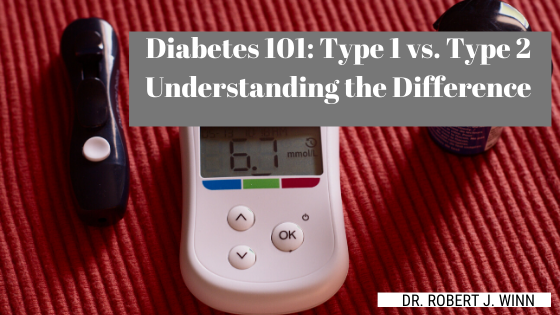Diabetes is frequently in the news as a consequence of the current obesity crisis. It is a chronic disease that affects the body’s ability to produce insulin, a hormone that helps regulate blood sugar. When the body does not produce enough of this substance, it can lead to high blood sugar levels that can result in eye damage, poor circulation, and heart disease.
Type 1 Diabetes: An Immune Disorder
This form of diabetes is a result of the immune system attacking insulin-producing cells in the pancreas. Like many disorders of the immune system, it is not clear why this happens. There seems to be a genetic link as the disease tends to run in families and ethnicities. Type 1 diabetes is commonly referred to as juvenile-onset diabetes. The diagnosis for this disease often happens in childhood or adolescence, although the condition can also affect people later in life. People with type 1 diabetes do not produce any insulin. They will always have to work to control their blood sugar, watch their diet, and inject themselves with insulin. While there is not a cure for type 1 diabetes, the technology to control blood sugar levels has dramatically improved in recent years.
Type 2 Diabetes: Linked to Lifestyle
Type 2 diabetes is the disease that is most commonly talked about in public. Historically, it has been known as adult-onset diabetes because it tends to affect people older than 45. However, in recent years, as younger people are dealing with obesity, there has been an increase in teenage and young adult cases. Patients with type 2 diabetes can produce some insulin, but they do not produce enough to control their blood sugar levels. Also, patients who are obese may develop fat cells that are insulin resistant, requiring the overtaxed pancreas to produce even more insulin.
While type 2 diabetes cannot be cured, it can often be controlled through diet and exercise. People with this disease should seek to maintain a healthy weight. Exercise is vital for people with this disorder as it helps the body burn excess blood sugar. Like patients with type 1 diabetes, they will also need to pay attention to their blood sugar levels. If patients cannot control their blood sugar, they will need to receive insulin or other medications to help control the disorder.


